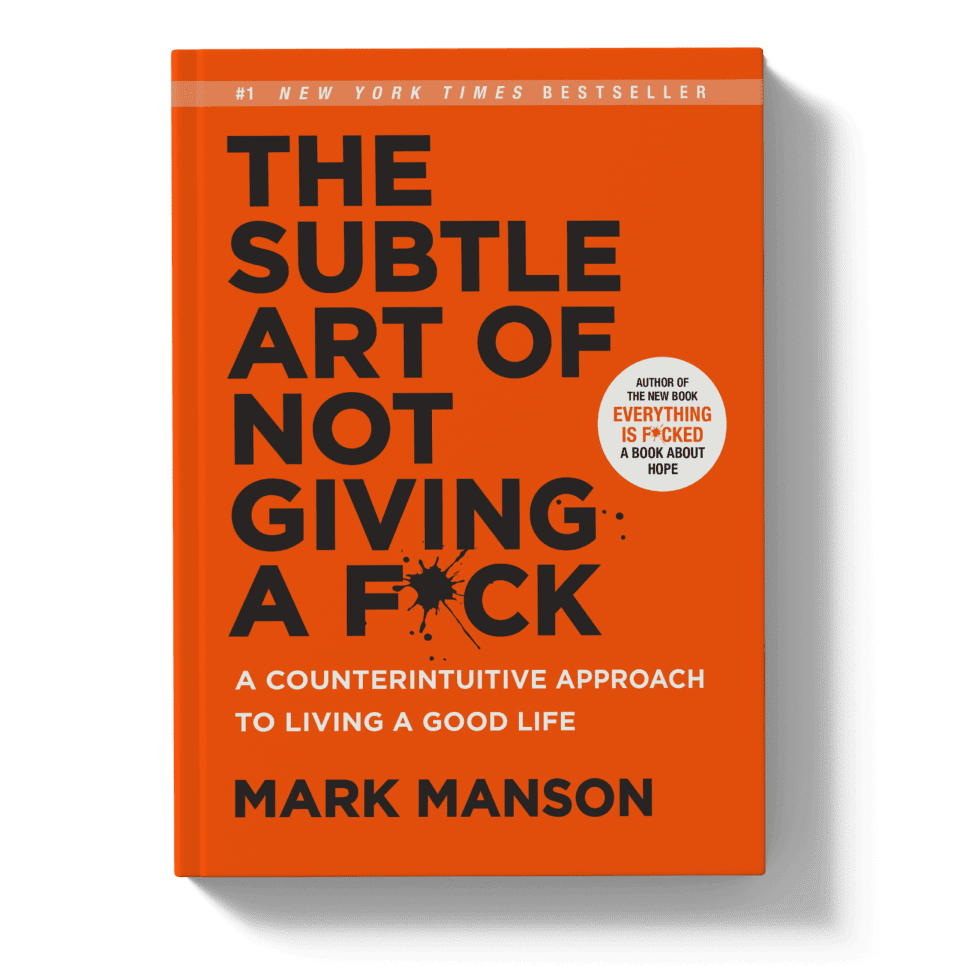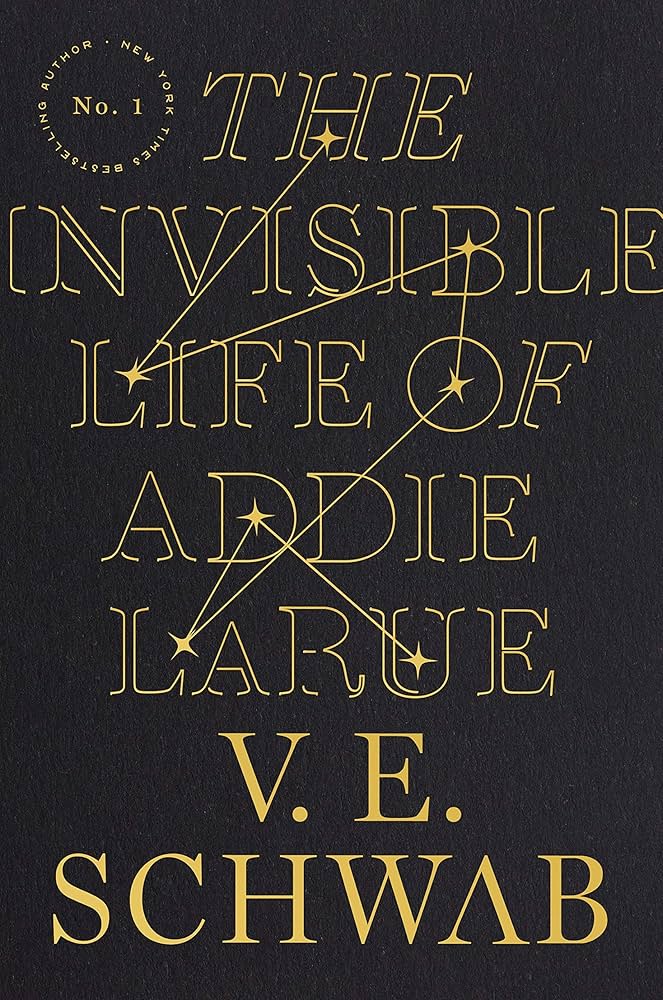Contents
Introduction
Sometimes the right book finds you at exactly the right moment. After graduating in 2011, I started full-time preparation for the U.P.S.C. examination. I landed in New Delhi around January 2012, but by March and April, with prelims scheduled for mid-May, burnout hit hard. I abandoned my course material and picked up The Alchemist by Paulo Coelho. It gave me comfort, mental relief, and the inspiration I desperately needed.

This personal experience explains why Paulo Coelho’s masterpiece has sold over 65 million copies worldwide, translated into more than 80 languages. He has created both a bestseller and a guide for personal transformation that speaks to people during their most challenging moments.
A Simple Story with Universal Appeal
Brazilian author Paulo Coelho writes with the clarity of someone who understands that the most powerful truths often come wrapped in simple, yet profound, stories. The Alchemist follows Santiago, an Andalusian shepherd boy who yearns to travel beyond the familiar hills of Spain. The story begins when Santiago has a recurring dream about finding treasure at the pyramids in Egypt. This dream sets him on a journey that will test everything he believes about life, love, and destiny.
What makes Coelho’s storytelling so effective is how he presents Santiago’s journey without overwhelming readers with complex language or philosophical jargon. The narrative flows like a fable, yet each encounter Santiago has—whether with a gypsy woman who interprets his dream, the mysterious King of Salem named Melchizedek, or an Englishman studying alchemy—adds another layer to the story’s deeper meaning.
The Heart of the Adventure
At the core of the novel’s appeal lies the concept of the Personal Legend—what Coelho describes as each person’s unique purpose in life. Santiago’s quest to find buried treasure becomes a metaphor for anyone who has ever wondered about their true calling. The shepherd boy learns that when you really want something, the universe will conspire to help you achieve it. This central message resonates because it speaks to the possibility of having a dream come true that makes life meaningful.

Santiago’s love story with Fatima, a woman he meets at an oasis, adds emotional depth to his journey. Their relationship explores how true love supports rather than hinders personal growth. Fatima understands that Santiago must continue toward his destiny, showing readers that love and personal fulfillment can coexist.
The book also introduces readers to the concept of the Soul of the World—the idea that everything in the universe is connected. Through his encounters with the wind and the sun, Santiago learns to read omens and understand the language that connects all living things. These mystical elements never feel forced because Coelho writes them as natural parts of Santiago’s growing awareness.
Characters That Teach and Guide
One of the book’s strengths lies in its supporting characters, each representing different approaches to life and dreams. The crystal merchant has spent years dreaming of making a pilgrimage to Mecca, but never acts on this desire, showing how fear of failure can paralyze us. The Englishman represents intellectual pursuit, studying alchemy through books rather than experience. These characters help Santiago—and readers—understand different ways people respond to their dreams and desires.

When Santiago meets the alchemist himself, the story reaches its philosophical peak. The alchemist teaches Santiago about transformation—not just turning metal into gold, but helping people discover their true selves. This mentorship represents how we all need guides who can help us see beyond our immediate circumstances.
Writing Style and Accessibility
Coelho’s prose style deserves particular praise for its accessibility. He has a clear idea of how to communicate complex spiritual concepts without making readers feel lost or confused. The language remains straightforward throughout, making profound ideas understandable to anyone seeking inspiration and guidance.
The story structure follows a classic hero’s journey pattern, which some critics have noted makes it somewhat predictable. However, this familiar framework actually helps readers connect with Santiago’s experience. Like the tales from One Thousand and One Nights, the story feels both timeless and immediate.
Themes That Endure
The book’s exploration of self-discovery goes beyond simple self-help advice. Santiago learns that the journey toward our dreams often matters more than reaching the destination itself. When he faces setbacks—including being robbed twice during his adventure—he discovers that these challenges teach him valuable life lessons about resilience and faith.

Coelho also explores the concept of beginner’s luck and how the universe seems to test our commitment to our goals. The story suggests that at the darkest hour of the night, just before dawn, we often face our greatest challenges. This idea has helped countless readers persist through difficult times in their own lives.
A Few Considerations
While The Alchemist has inspired millions, some readers might find Coelho’s approach somewhat simplistic. The story’s messages, while powerful, are delivered in broad strokes that don’t always account for life’s complexities. Additionally, Coelho seems to have a clear idea of how other people should lead their lives, which can occasionally feel prescriptive rather than purely inspirational.
The book’s magical realism elements—conversations with the wind, transformation of metals, prophetic dreams—require readers to embrace a certain level of mysticism that may not appeal to everyone. Some might prefer more grounded approaches to personal development.
Lasting Impact and Legacy
Despite these minor limitations, The Alchemist succeeds because it addresses fundamental human desires: the wish to find meaning, the courage to pursue dreams, and the hope that the universe supports our efforts toward becoming better versions of ourselves. Santiago’s transformation from a simple shepherd boy to someone who understands his place in the larger world mirrors the journey many readers hope to take in their own lives.
The book’s influence extends far beyond literature. It has become a cultural touchstone for anyone seeking direction or struggling with major life decisions. Teachers, life coaches, and counselors frequently recommend it because its message transcends cultural boundaries and speaks to universal human experiences.
Final Thoughts
The Alchemist stands as a testament to the power of following one’s dreams, even when the path seems uncertain. While it may not provide all the answers to life’s complexities, it offers something equally valuable: the reminder that our personal journeys toward self-discovery have meaning and that the whole universe supports those who strive to become better.
For readers seeking inspiration, guidance, or simply a beautifully told story about human potential, The Alchemist delivers on its promises. Paulo Coelho has created a work that functions both as entertainment and as a gentle guide for anyone ready to listen to their heart and pursue their own Personal Legend. In a world that often feels disconnected and purposeless, Santiago’s story offers hope that our dreams are already written in the stars, waiting for us to have the courage to pursue them.
The Alchemist continues to find new readers each year, proving that its message about the possibility of transformation and the power of dreams remains as relevant today as when Paulo Coelho first shared Santiago’s story with the world.

My Rating:- ★ ★ ★ ★ ★
Goodreads Rating: 3.92
The Alchemist By Paulo Coelho Reviewed On:
- Paperback
- Total pages: 191
- Genre: Philosophical fiction
- The Alchemist By Paulo Coelho








You’re absolutely right ✨ The Alchemist is one of those rare books that gives hope and courage in difficult times. Your status is a beautiful reminder
🙏 🙂